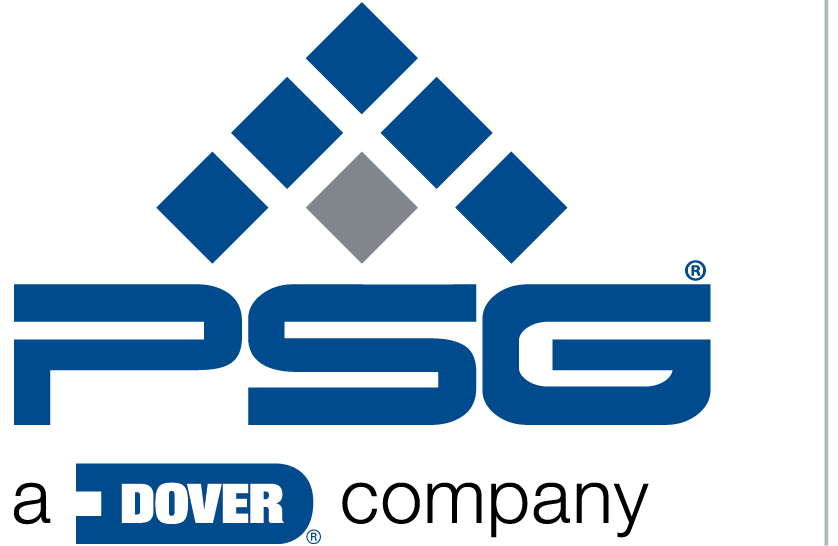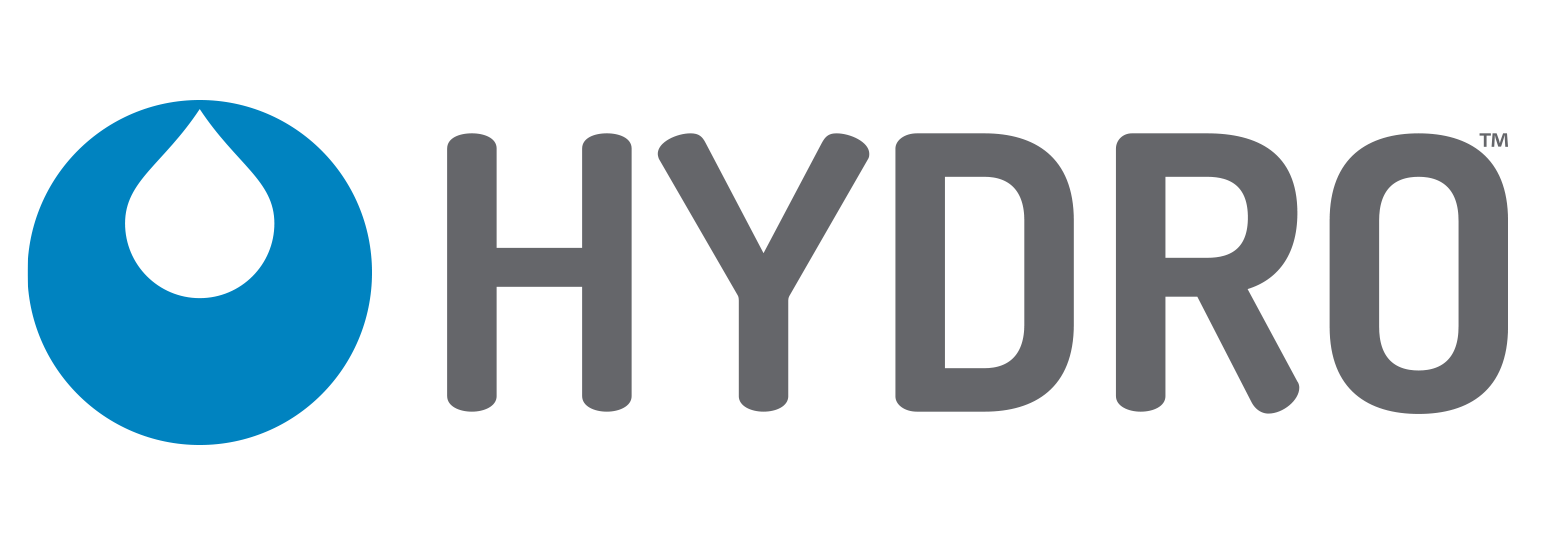Blog: Invest in Chemical Dispensers that Support Food Safety and Hygiene

By: John Goetz, Global Product Manager, Hydro Systems
June 7 is World Food Safety Day, a global call to recognize that food safety is a shared responsibility. Globally, 600 million people will contract a foodborne illness every year. The United Nations estimates that 3 million of those infected will die from their illness.
Safe food is often taken for granted, but the reality is that it takes dedicated efforts from stakeholders at every stage of the process to ensure that food is safe to eat. Investing in food safety measures like chemical dispensers is a key method for preventing illness and lost revenue.
Safe companies create safe food
Unsafe food endangers consumers, workers and businesses. Outbreaks of foodborne illness can cost an establishment up to $2 million in lost profits, fines and lawsuits. In 2015, an E. Coli outbreak across numerous Chipotle locations caused 55 customers to fall ill and a nearly 30% drop in sales.
At a time when many restaurants are struggling to survive due to the coronavirus pandemic, it’s important that these businesses prevent costly food safety incidents.
E. Coli and salmonella are some of the more well-known foodborne illness, but there are over 250 different types of foodborne illness that can contaminate food when food suppliers and foodservice operators don’t follow proper cleaning and safety procedure. Without safety measures in place, lapses in food safety can result in the following consequences:
- Foodborne illnesses that can result in customer complaints and worker absences
- Costly food safety violations and fines
- Negative press in print and on social media, which can lead to a loss of patronage
- Temporary closure that can impact financial stability
To avoid the dangers that accompany unsafe food, make sure that your business complies with all food safety regulations, which are covered in part by the 2017 Food and Drug Administration Food Code, but will vary by state. It’s also important to foster a culture that prioritizes food safety by taking precautions like posting safety reminders in break rooms and kitchens and having food quality standards in place for the suppliers with which you do business.
Dispensers make food safety easy
Chemical dispensers help facilitate cleanliness and make it easier to follow recommended food safety best practices. They take the guesswork out of manually mixing cleaning solutions, which must be diluted to precise concentrations to effectively remove germs from kitchen and dining surfaces, and dishware. Chemical dispensers can help elevate your food safety practices in the following ways:
- Warewashing: Dispensers can be hooked up to automatic dishwashing machines or three-compartment sinks to distribute the proper amount of solution to clean items like plates, utensils and glassware. Cleaning dishes effectively means washing them at the right temperature, for the right length of time and with the right amount of cleaning product and mechanical pressure per the guidelines in the Food Code. For example, automatic warewashing requires detergent wash temperatures of at least 49 degrees Celsius (120 degrees Fahrenheit) and sanitizing temperatures of at least 74 degrees Celsius (165 degrees Fahrenheit) depending on the type of dish machine used. Running dish machines below this level is a violation of the Food Code and could lead to food safety incidents that impact customers and in turn, the business.
- Drain Cleaning: When not cleaned properly, grease traps are a cesspool for germs, biofilms and flies. These devices should be cleaned at least once a month or when 25% of the liquid level in the trap is grease or oil. Chemical dispensers clean grease traps effectively by moving liquid enzymes and probiotic products quickly through the system to break down build-up. This not only eliminates germs that can cause foodborne illness, but also unpleasant odors and biofilms.
- Front and Back-of-House Cleaning: Front-of-house (FOH) areas like counter service areas, dining areas and restrooms are similar to back-of-house (BOH) food prep areas in that they contain many high-touch surfaces. Properly diluting cleaning solutions is key to removing germs from these surfaces. Too much or too little can impair how effectively these surfaces are cleaned. Dispensers enable employees to easily and accurately fill spray bottles or buckets for wiping FOH and BOH surfaces.
Safer food, a safer future
Everyone should have access to safe food, and foodservice workers should feel confident that they are maintaining food safety standards. World Food Safety Day serves as a reminder for food safety best practices. Consider investing in a chemical dispenser to help remove foodborne illness-causing germs from your establishment. These systems help keep patrons healthy by making sure chemicals are properly dispensed to clean dishes, grease traps and all surfaces properly.

Customer Service and Technical Support
Call 1-800-543-7184 Monday-Friday 8am - 5pm EST











